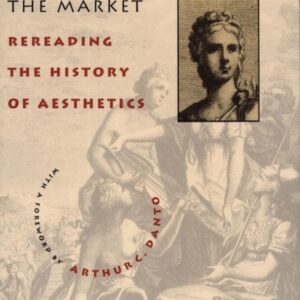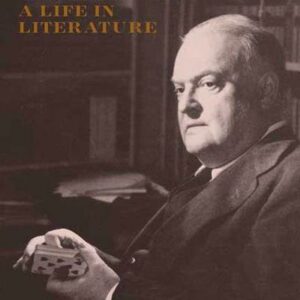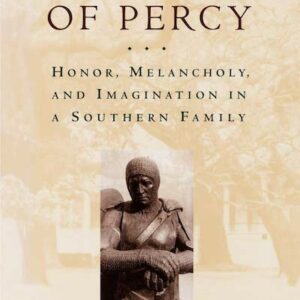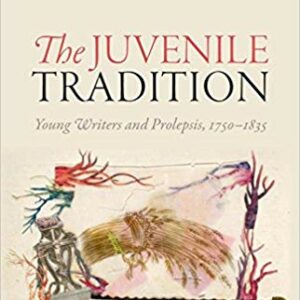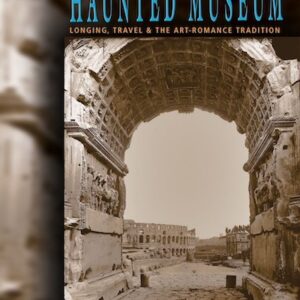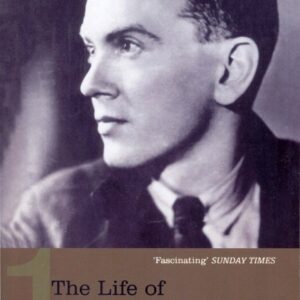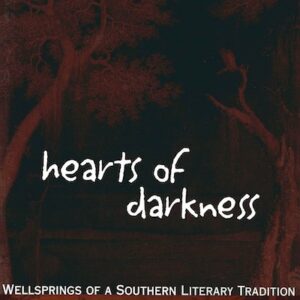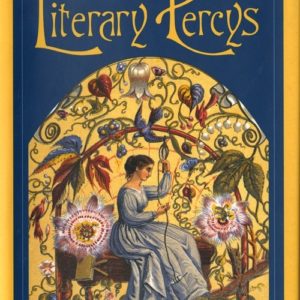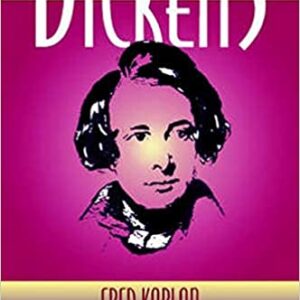
Dickens: A Biography
By Fred Kaplan (NHC Fellow, 1985–86) From a bitter childhood mired in poverty and hard work to a career as the most acclaimed and best-loved writer in the English-speaking world, Charles Dickens had a life as tumultuous as any he created in his teeming novels of life in Victorian England. And no one has captured … Continued
